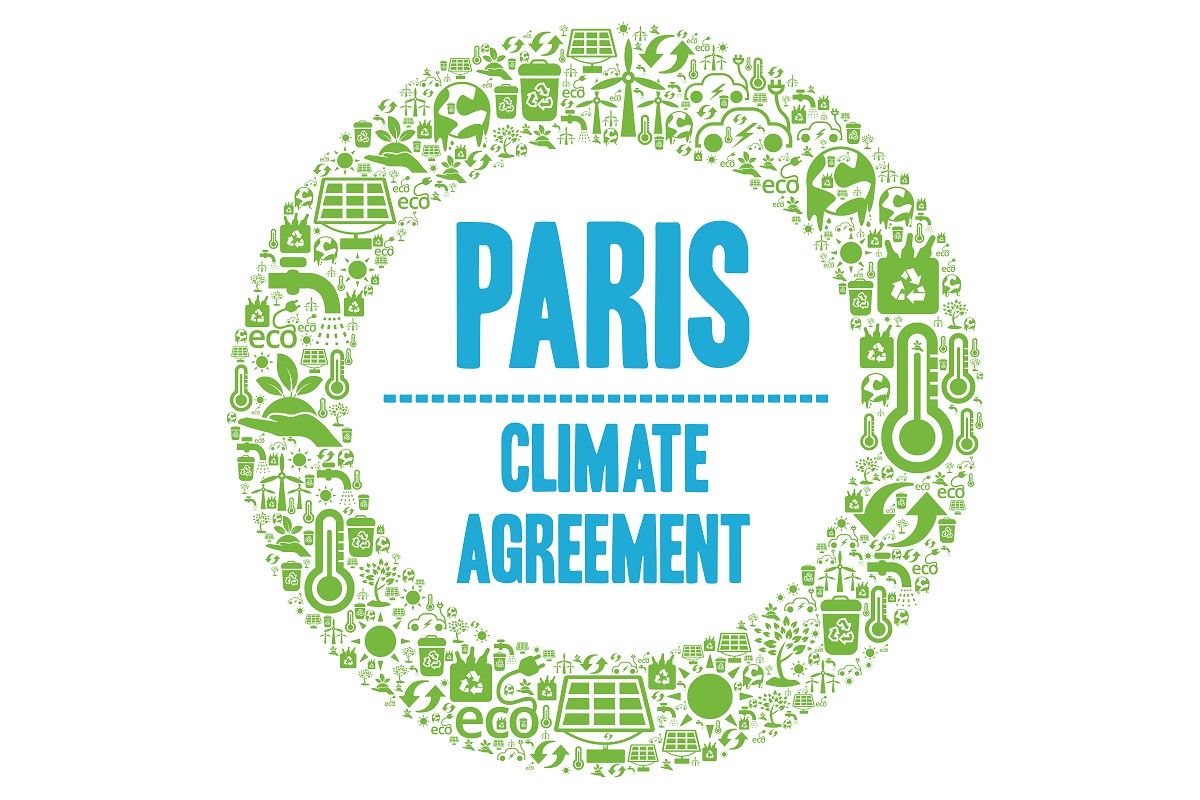Trust, A Detriment to Fixing Climate Change

Written by: Winston Lee (high school student intern, June 2021)
Historically, the countries that profited the most out of natural resources are now political and economic powerhouses. Think the United States, China, the European Union, who were able to generate immense amounts of greenhouse gases without considering the consequences. Now that we are living in a generation concerned about the risks of carbon emissions, these nations and other countries formed the Paris Agreement in 2015 to help combat the risks of climate change. While the Paris Agreement centrally focuses on limiting the global temperature increase, it also provides solutions to the less developed countries that cannot afford to build sustainable sources of energy.
The Paris Agreement established that countries that generate immense amounts of greenhouse gases were to take responsibility by providing money (taking into account the country's economic condition) to the Green Climate Fund (GCF). In return, the GCF would utilize the funds towards the construction of sustainable energy sources in less developed countries. While this concept on paper is an excellent way to universally improve the climate change condition, in reality, the situation is entirely different. This is because of one reason: non-binding agreements.
As the resolution stands, the United States has yet to pay for $2 Billion owed towards the GCF. As the country that generates and profited the most from carbon emissions, it was a snub not only to the developed countries but also to all participating countries in the Paris Agreement. Yet no one could stop them. Why? Because providing funds towards the GCF was not a binding agreement. Promises can be broken, laws cannot. In the advent of climate change, countries cooperated together for a purpose transcending their own nation's desires. Yet the country that is supposedly the embodiment of "virtue and freedom" decided to run from their own mistakes. In the world, we live in today, how can countries unite to combat a common enemy when we cannot even trust one another.
This begins to shed light on the core of the problem. To solve an international problem as large as climate change, we must first work to uphold our agreements, our promises, and our trust; to work towards a brighter future.
*****
Reviewed by: Abraham Sumalinog
Sources:
Climate, Paris. “Paris Climate Agreement: Everything You Need to Know.” NRDC, 28 Apr. 2021, www.nrdc.org/stories/paris-climate-agreement-everything-you-need-know. Accessed 22 June 2021.
United Nations. Paris Agreement. , 2015.
Comments
Post a Comment